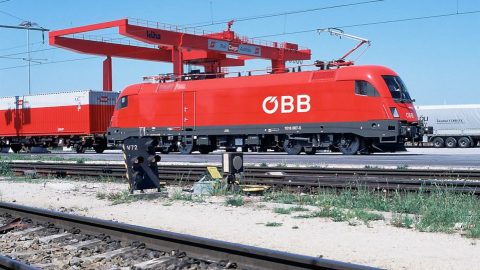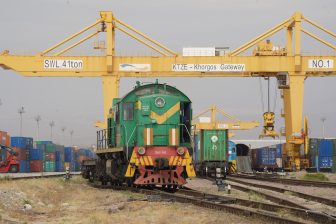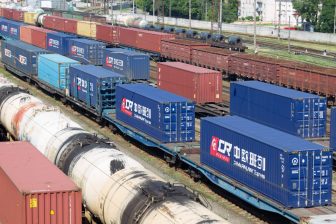
ÖBB Rail Cargo Group doubled its New Silk Road volumes in 2020
Image: Rail Cargo Group
The Austria-based rail company transported 70,000 TEUs across the New Silk Road during the past year. Compared to 2019, it doubled its Eurasian volumes. Additionally, it reached an all-time high train number-over 700 hundred. By 2021, the company aims to have 1,000 freight trains running on Eurasian tracks.
Do you want to read the full article?
Thank you for visiting RailFreight.com. Become a member of RailFreight Premium and get full access to all our premium content.
Are you already a member?
Having problems logging in? Call +31(0)10 280 1000 or send an email to customerdesk@promedia.nl.




